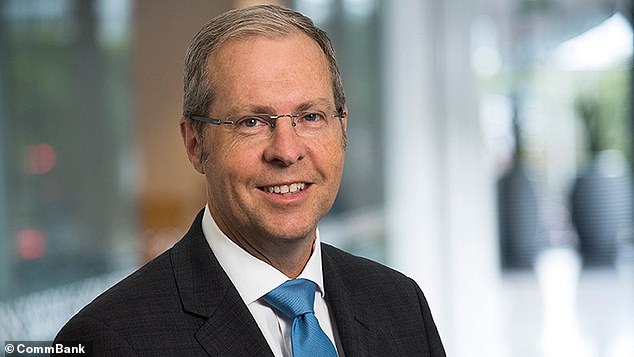Baby boomers are fuelling Australia’s inflation crisis by continuing to spend heavily on luxury holidays and sumptuous restaurant meals while renters go without, new data shows.
Commonwealth Bank consumer data reveals that those who own their homes outright have been the biggest spenders in the country over the past year.
And while others struggle with the rising cost of living, these wealthy homeowners have been living a life of luxury.
The data reveals that they have been splashing out on overseas holidays, luxury cruises, eating out, updating their wardrobe and having the latest technology at home.
Meanwhile, renters have been cutting back on eating out and even paying their electricity bills, and those struggling with ever-rising mortgage payments have had to go without new clothes and appliances.
Stephen Halmarick, chief economist at the Commonwealth Bank, said those who owned their own homes were more likely to be big spenders.
“Generally, it’s… I don’t know what the politically correct term is… older Australians, probably 55 and over; baby boomers, 60 and over,” he told Daily Mail Australia.
The older age group, freed from mortgages or rent, have also been flocking to online holiday booking sites, where they are the biggest spenders.
Baby boomers are fuelling Australia’s inflation crisis by continuing to spend heavily on holidays and restaurant meals while renters are left without many luxuries, new figures show
“This suggests there are some people in the economy who are still willing to spend some money on travel,” Halmarick said.
“If you haven’t had to increase the amount of money you pay for housing, that would definitely give you an advantage.”
Commonwealth Bank Household Spending Insights data, based on the spending habits of 7 million customers, showed homeowners spent more last financial year, while renters cut back.
Homeowners saw their spending rise 2.1 percent, while those with a mortgage spent 1.5 percent more and renters cut their spending 0.9 percent.
“There is a huge divergence between the three groups,” Halmarick said.
“Tenants are having a really hard time and homeowners are in a better position.”
The youngest baby boomers, born between 1946 and 1964, turn 60 this year, making them the most financially comfortable generation, along with the slightly younger Generation Xers, born between 1965 and 1980.
But inflation in the year to May rose 4 percent, well above the Reserve Bank’s target of 2 to 3 percent.
Halmarick said the big spending habits of older consumers were creating an inflationary challenge, following 13 interest rate rises since May 2022.
“This signals to the Reserve Bank that the burden of adjustment is being felt very unevenly across the economy, making things more difficult for the Reserve Bank,” he said.
“If one group spends money and others don’t, that makes it more difficult.”

Stephen Halmarick, chief economist at the Commonwealth Bank, said homeowners were more likely to spend large amounts.
In 1989, older consumers faced interest rates of 18 per cent, but at the time houses in capital cities cost just four times the average salary, compared with 12 times today in Sydney.
Mr Halmarick said it was unfair to blame baby boomers for Australia’s cost of living crisis.
“Maybe they worked for it: you’re talking to someone who’s 59 years old,” he added.

